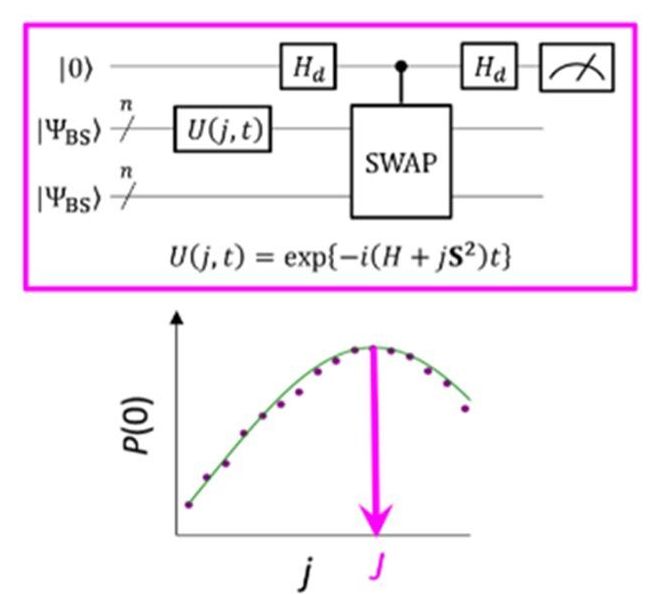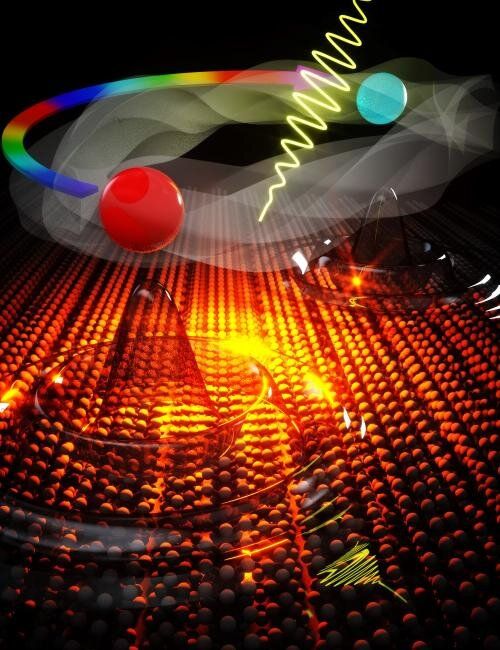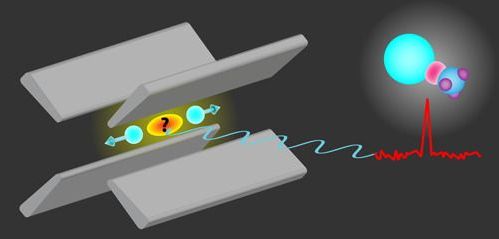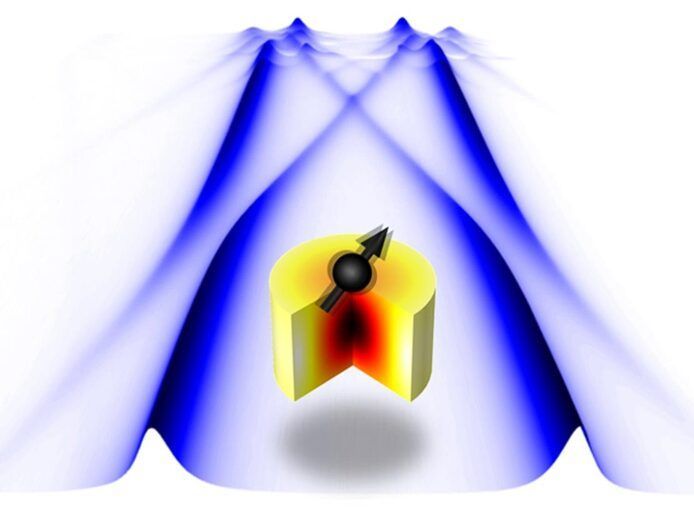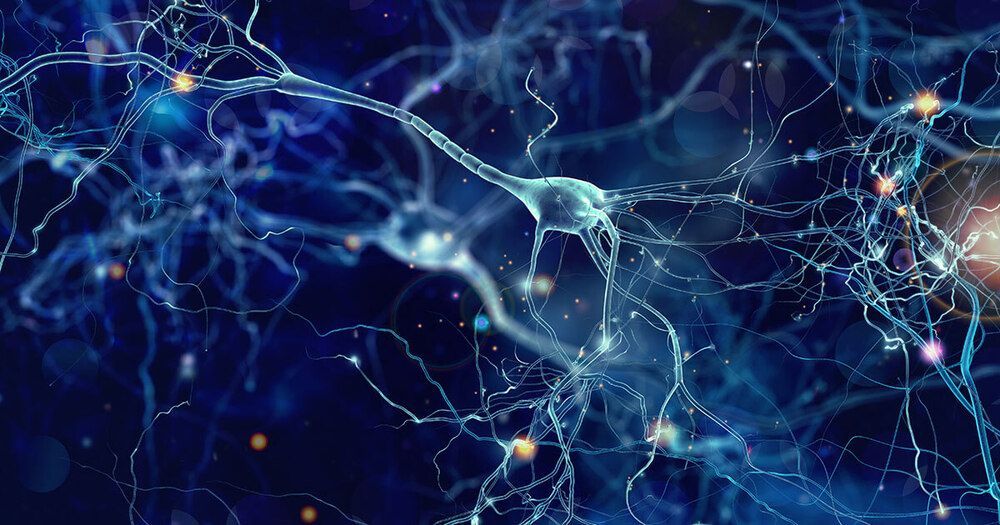Researchers at the Paul Scherrer Institute PSI have put forward a detailed plan of how faster and better defined quantum bits — qubits — can be created. The central elements are magnetic atoms from the class of so-called rare-earth metals, which would be selectively implanted into the crystal lattice of a material. Each of these atoms represents one qubit. The researchers have demonstrated how these qubits can be activated, entangled, used as memory bits, and read out. They have now published their design concept and supporting calculations in the journal PRX Quantum.
On the way to quantum computers, an initial requirement is to create so-called quantum bits or “qubits”: memory bits that can, unlike classical bits, take on not only the binary values of zero and one, but also any arbitrary combination of these states. “With this, an entirely new kind of computation and data processing becomes possible, which for specific applications means an enormous acceleration of computing power,” explains PSI researcher Manuel Grimm, first author of a new paper on the topic of qubits.


